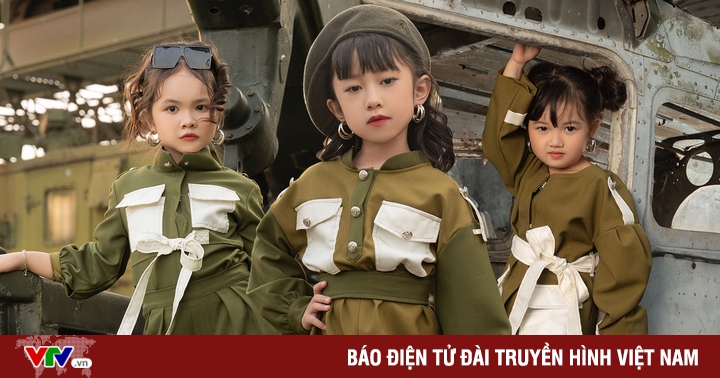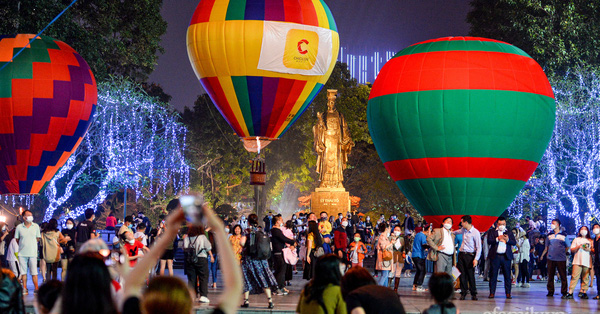Nghe An transferred 7 Indochinese tigers to Phong Nha – Ke Bang National Park because the care costs were too expensive
22/03/2022 12:56 GMT+7
7 Indochinese tigers were handed over to Phong Nha – Ke Bang National Park by the authorities of Nghe An province and Pu Mat National Park for conservation and care.
On the morning of March 22, Pu Mat National Park in collaboration with the authorities of Nghe An province and the Center for Wildlife Conservation in Vietnam (SVW) held a handover ceremony and signed the transfer of 07 Indochinese tigers. for Phong Nha – Ke Bang National Park (Quang Binh) to take care and preserve.
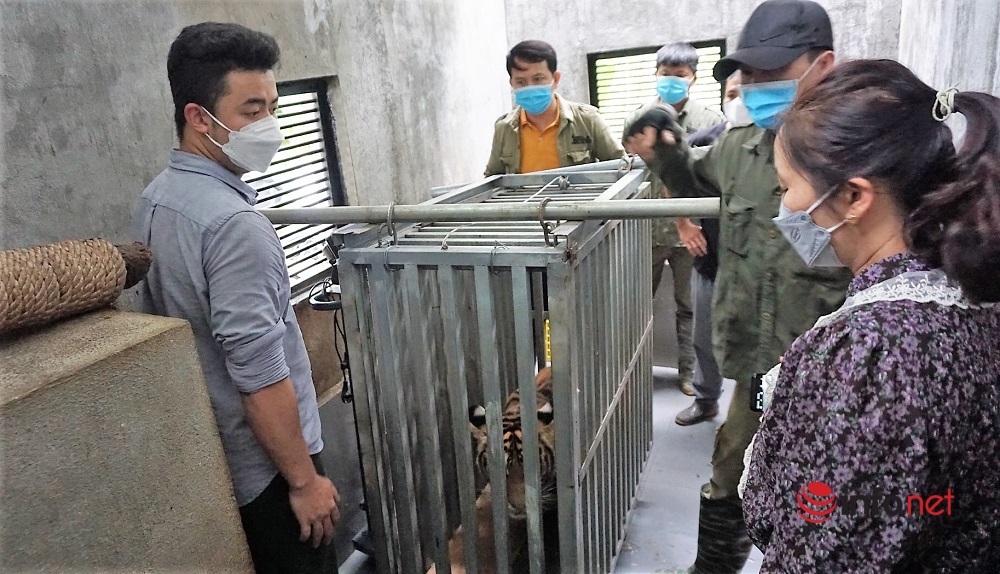 |
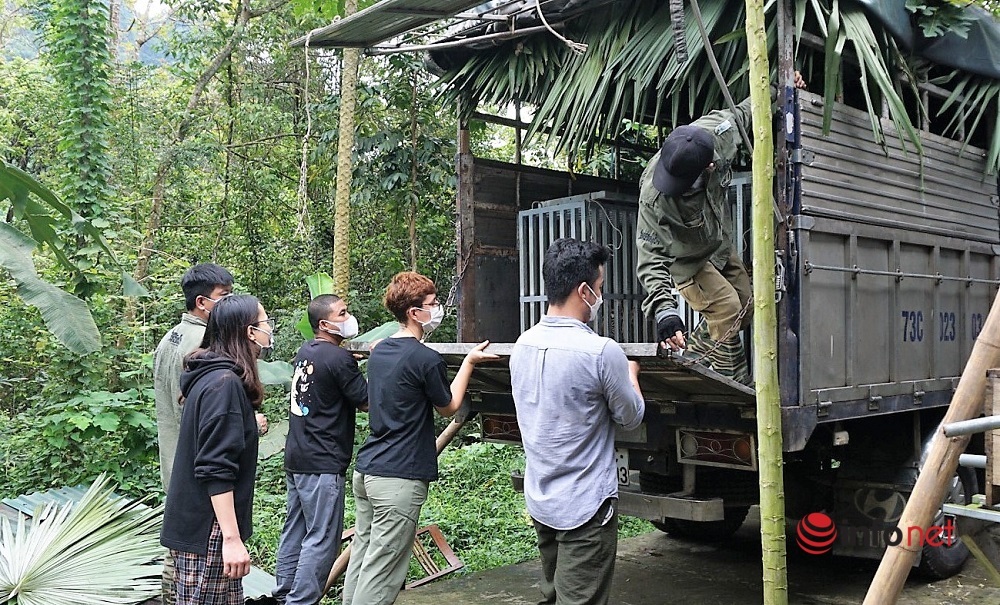 |
| 7 Indochinese tigers were handed over to Phong Nha – Ke Bang National Park for care and conservation. |
Previously, on August 1, 2021, the Environmental Police Department (Nghe An Provincial Police) solved a case of transporting wild animals from Huong Son district (Ha Tinh province) to Dien Chau district (Nghe An province). ). The exhibits seized are 7 live tiger cubs, from 1 to 1.5 months old.
After the arrest, Nghe An Provincial Police handed over 7 tigers to Pu Mat National Park for care. After a while, because there were not enough conditions to keep these tigers, the Management Board of Pu Mat National Park proposed to transfer 7 tigers to the National Park’s Center for Rescue, Conservation and Biological Development. Phong Nha – Ke Bang to be suitable for nurturing and conservation. Currently, all tigers are healthy, the smallest individual is 56kg, the largest individual is 64kg.
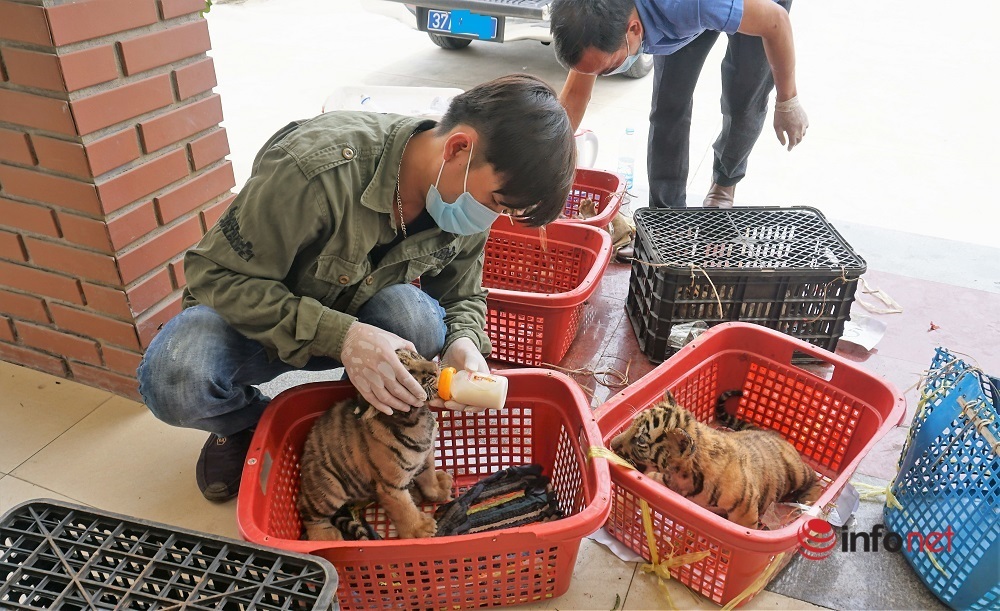 |
| The tiger cubs are cared for and raised by Pu Mat National Park staff. |
Dang Thanh Tuan, a care worker of the Wildlife Rescue Center (Pu Mat National Park), said: “To prepare for the transfer, we have trained the tigers to get used to the transport cage since 2 months ago. . The cage is 1m2 long, calculated appropriately so that it can be put into the cage easily. Every day, we put food in the corner of the cage, practice feeding them so that they don’t feel scared. The cage is also used to check the health and weight of the tiger periodically.
The tigers were lured into cages by the care staff, then transported by specialized trucks, roofs covered with palm leaves to protect against the hot sun, with ventilation holes on both sides to ensure adequate ventilation. , avoid drafts that are too strong or not enough fresh air for tigers. The cages are fixed to the floor and side of the vehicle, avoiding tilting/overturning or the cage being moved, affecting the health and safety of tigers during transportation.
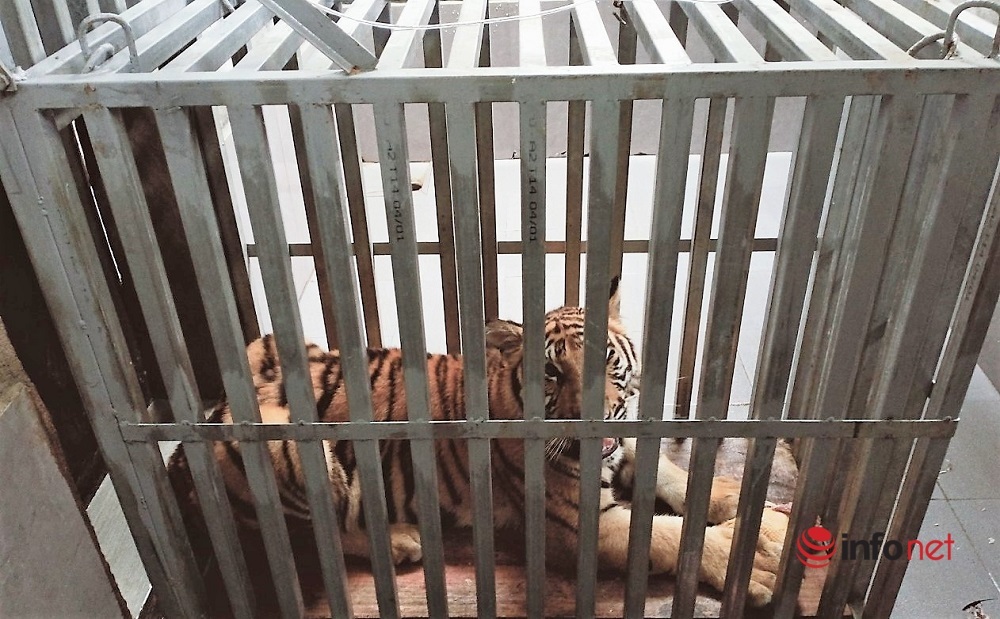 |
| After more than 7 months of care, the smallest tiger weighs 56kg, the largest individual 64kg. |
In order to receive and take care of these 7 tigers for a long time, Phong Nha – Ke Bang National Park has prepared and completed the barn facility to keep isolated and quarantine animals as well as develop a technical process for tiger rescue. , the diet for tigers must be consistent with the ecological behavior of each stage of the tiger’s growth and in accordance with local practical conditions. The park also sent technical staff to Pu Mat National Park to participate in learning experience in tiger farming.
Mr. Tran Xuan Cuong, Director of Pu Mat National Park shared: Despite the difficult conditions of the cage, we still try to adopt these individuals to ensure the best welfare for the care of the tigers. After a period of rearing, the tigers grow well, gain weight quickly, so the conditions in Pu Mat cannot guarantee long-term care. We have consulted Nghe An Provincial People’s Committee to transfer to Phong Nha – Ke Bang National Park. The cost of caring for 7 tigers over the past 7 months is more than 865 million VND (including the cost of food, human resources, and veterinary medicine).
Indochinese tiger belongs to the list of critically endangered species. Hunting, illegal trade and habitat loss are the main reasons pushing this tiger to the brink of extinction. The last time Vietnam recorded an Indochinese tiger in the wild was more than 20 years ago.
Viet Hoa
at Blogtuan.info – Source: infonet.vietnamnet.vn – Read the original article here

